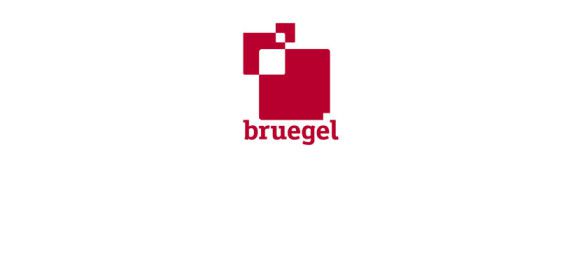Section: Bruegel (Belgium)
Structural Reforms 0.0 – The case for strengthening institutions
The discussions on the future of Europe Attempts to reform the euro zone, to expand the euro zone and indeed to expand the EU are stalled by an obtrusive lack of trust. We had argued here that this lack of trust comes, at least in part, from a divergence in the quality of governance and the quality of institutions. Good institutions matter for...
Why this round of U.S. protectionism is different
This opinion was previously published in Caixin The escalation of the Sino-U.S. trade war has been worrying the world over the past few weeks. After the Washington’s announcement of punitive tariffs on 1,333 Chinese products with a value of up to $60 billion under the Section 301 of Trade Act, Beijing responded very quickly with a...
Latvia’s money laundering scandal
The US Treasury Department’s Financial Crimes Enforcement Network said on February 13th 2018 that it was seeking restrictions on ABLV bank, on suspicion of involvement in money laundering and helping clients violate United Nations sanctions on North Korea. Separately, central bank chief Ilmars Rimsevics was detained on Saturday on suspicion...
The EU’s Seven-Year Budget Itch
This article was also published by Project Syndicate. It’s theatre season in the European Union. The play, called budget negotiations, is performed every seven years. It pits the EU’s spenders against its savers, donors against receivers, and reformers against conservatives. After the actors have exhausted themselves with bluffs,...
Ukraine’s unfinished reform agenda
Compared to previous attempts, especially those following the Orange Revolution in 2004, the current reform round in Ukraine (since 2014) has proved more successful. Some politically difficult decisions have been taken, such as the elimination of gas subsidies and the restructuring of the banking system. But reform remains incomplete in many...
The European Gas Markets
This document is the introduction of the book The European Gas Markets published by Palgrave Macmillan. The European gas markets are nowadays rapidly changing due to political, commercial and geopolitical evolutions. Te still-uncertain role of gas in the European energy mix after the COP-21 Paris Agreement, the evolution of the EU Energy Union,...
Review of EU-third country cooperation on policies falling within the ITRE domain in relation to Brexit
This study was prepared for the Committee on Industry, Research and Energy of the European Parliament (ITRE). Copyright remains with the European Parliament at all times. Bruegel scholars have just completed a study for the Committee on Industry, Research and Energy (ITRE) of the European Parliament that seeks to help Members of the European...
Nord Stream 2 means gains for Germany but pain for Europe
This opinion piece was also published in German in EnerGate The construction of a new pipeline under the Baltic Sea between Russia and Germany throws up a series of economic, legal and political questions. German politicians face a particular dilemma. The project seems likely to be profitable for Germany itself, but it would worsen the gas supply...
Nord Stream 2 can wait
This opinion piece was also published in Rzeczpospolita and Tagesspiegel. Gazprom wants to build a second gas pipeline under the Baltic straight from Russia to Germany. Nord Stream 2, as the project is called, has provoked controversy in Europe – but the pipeline is planned to be in use as soon as 2019. Supporters of Nord Stream 2 make two bold...
Brexit goes nuclear: The consequences of leaving Euratom
The UK Government has clarified with its Brexit White Paper that when invoking Article 50, it ‘will be leaving Euratom as well as the EU’. The need to distinguish exiting Euratom from exiting the EU arises because Euratom is legally distinct from the EU. The UK decided to leave Euratom because, albeit independent, the institution relies for...



